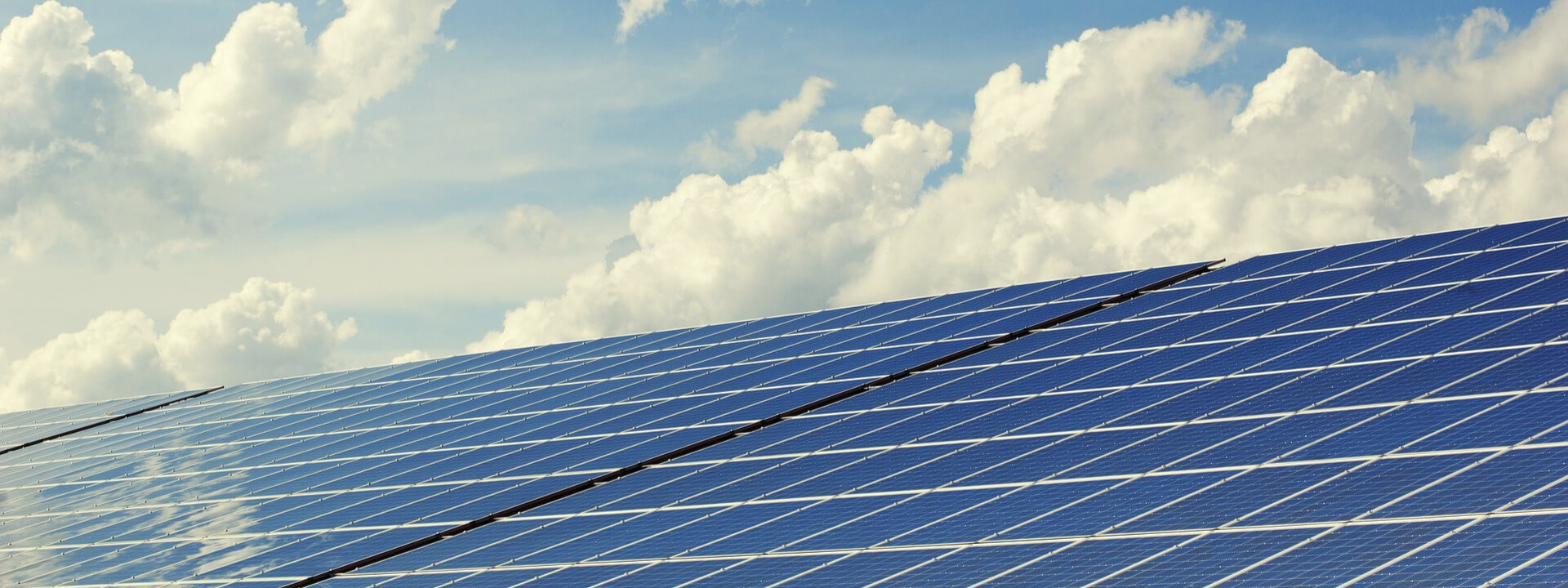Navigating Global Energy Challenges
The Abu Dhabi Sustainability Week (ADSW) is an annual event hosted by Masdar. It has been taking place since 2013, providing a global forum for politics, business and technology in order to exchange ideas and knowledge that contribute to achieving climate goals, such as net zero.
Panels reviewed:
- Europe in Crisis. The Path Forward (Atlantic Council)
- What is Next for South and Southeast Asia (Atlantic Council)
- Global Gas 2023: Europe, Asia and Supply Security (Atlantic Council)
- The Ministerial Dialogue on Critical Materials (IRENA)
An initiative such as the ADSW can be viewed as welcomed since climate action is of high relevance in times where we can clearly see and sense the effects of climate change in the form of extreme weather phenomena, melting glaciers and unusual seasons. However, there are also critical voices present that sense hypocrisy when sustainability related events are hosted in countries that heavily contribute to climate change and environmental damage.
Global Neighbours examined this year’s ADSW 2023 that took place from 14-19 January. While focusing on topics pertaining to global energy challenges, this article offers insights from the selected panels above, summarizing the take-aways and assessing important outcomes and learnings both in general and with regards to potential implications for the work of Global Neighbours.
At the core of the current global energy challenges are regionally differing energy demands that need to be met with volatile energy types and supply sources. What makes this situation even more complex is that each region has its very own prerequisites regarding energy resources and infrastructure.
Related to this, there is the urgent need to globally undergo a radical energy transformation towards sustainable solutions. This is slowed down by the scarcity of critical materials and resources vital for sustainable energy generating technologies. In addition, working conditions in countries where these materials are mined are often poor and non-transparent.
A prevalent topic in all panels was the Russian war on Ukraine, which has led to a shortage of oil and gas supplies. The ongoing war was found to have a big impact on the global energy market, with different regional effects on the economy and energy supply. A suggested solution for this disruption in the energy market was energy supply diversification as a way to simultaneously achieve the set climate goals and to reduce over-dependencies on certain energy sources and suppliers. The high dependency on Russian energy supply hit Europe especially hard and led to an acceleration of bringing on track actions to achieving energy supply diversification in the EU. Some panelists welcomed Europe’s turning away from Russian energy and expressed the desire to reduce dependences on countries such as China and Russia and ensure that the democratic world can keep a lead on energy technologies, sources and solutions.
Certain energy sources were discussed as promising sustainable alternatives to fossil fuels with predicted increases in demand, such as solar and wind energy. However, these technologies require critical, scarce materials that cannot be mined fast enough due to the mismatch of existing and needed number of mining and processing sites and the time required to set up the necessary infrastructure. This might lead to a bottleneck for supply, which may not be able to meet the expected demand. Additionally, the need for more transparency regarding the working and mining conditions of these materials was voiced in order to ensure truly sustainable supply chains. Liquified natural gas (LNG) was also very prominently discussed. Since LNG still leaves a carbon footprint, the need for further innovation in order to reduce harmful emissions that come with the production of LNG was highlighted. The role of the US as a stable energy supplier through LNG pipelines for Europe and the world was discussed as well in this context.
Another interesting aspect of the conversations were the regional energy demand differences and the ability to make use of renewable energy generation. For example, it was found that South and Southeast Asia do not have ideal conditions to generate renewable energy due to weather and space parameters. Furthermore, this region is characterized by insufficient grid connections. South and Southeast Asia was also predicted to have an ongoing growing energy demand, which led to concerns that an approach of reduced investment in e.g. natural gas and an increase in renewable investments might lead to a shortage of energy supply.
Main Outcomes & Take-aways
- An energy mix and diversification of energy sources can lead to stable energy supply. This could also help in achieving climate goals, if the balance is set right and in favor of renewable energy.
- There are regional differences in energy demand and potential for generating renewable energy. Global cooperation and a stable energy network built on partnerships is desirable to secure energy supply and jointly achieve climate goals.
- The energy transition towards renewables is at risk of being slowed down by the scarcity of critical resources needed for these technologies.
- Innovation and new technologies are crucial for solving energy challenges, such as new and more efficient ways of recycling critical resources or making LNG more climate friendly.
Only time will tell what impact the ADSW 2023 events and roundtable discussions will have. The events highlighted current trends and contributed to a deeper understanding of the varying experiences in different regions. There was also a clear call for increased cooperation on energy projects and investments. One thing that was made glaringly clear is how interdependent the world is in terms of energy challenges. If we want to succeed and win the race against climate change and global warming, collective action and global cooperation are essential. However, working together globally has its own challenges, especially since the world is becoming more polarized. This makes it all the more important for Global Neighbours to be active in providing a platform for fact-based exchange to enable meaningful dialogue and solutions to the world’s challenges.
